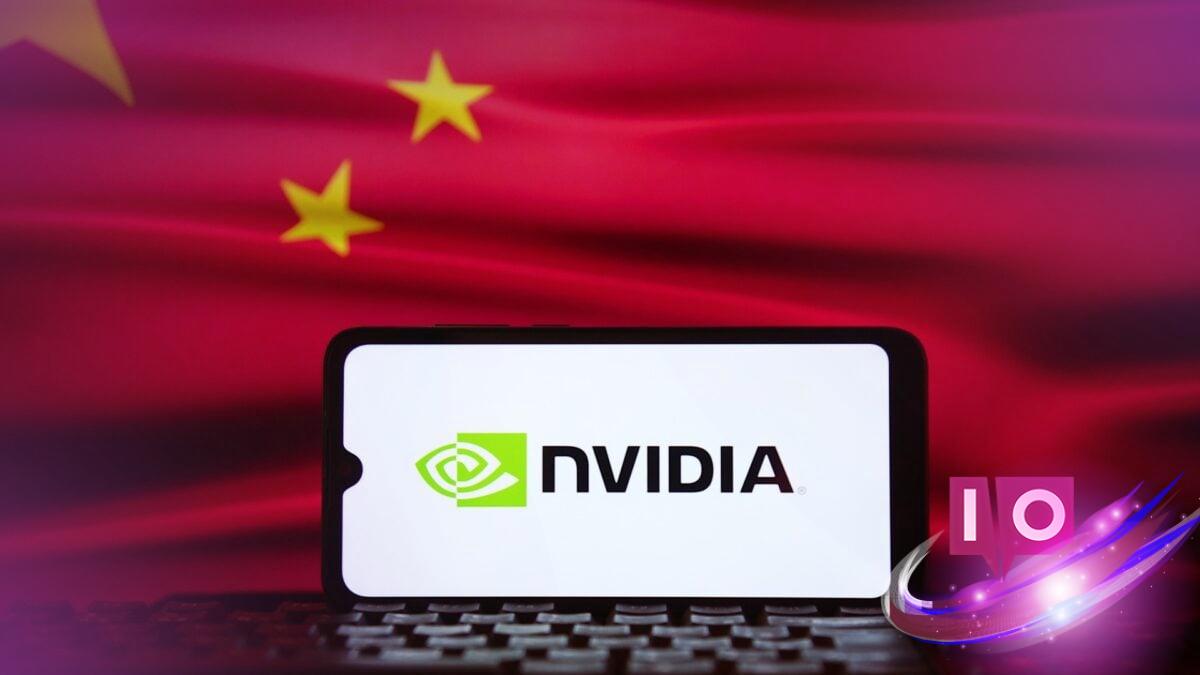Beijing’s Relationship with Nvidia: A Complicated Turn
Beijing is becoming increasingly wary of Nvidia. Once a dominant force in China’s tech landscape, the sentiment seems to be shifting. After the Trump administration eased restrictions in July, allowing Nvidia’s H20 chips back into the market, a cloud of confusion and uncertainty looms over their future in China.
While local tech companies may be eager to resume purchasing Nvidia chips, reports suggest that the Chinese government is not as enthusiastic. Authorities have raised national security concerns, even pressuring industry giants like Tencent to reconsider their chip purchases, as detailed by Reuters.
In a bid for self-reliance, tech leaders such as Alibaba and Baidu are pivoting to develop their own chips for training smaller AI models, as reported by The Information. Despite this shift, they’re expected to continue using some Nvidia products.
Nvidia Faces Rising Competition
According to an Nvidia spokesperson, “The competition has undeniably arrived. Customers will choose the best technology stack for running the world’s most popular commercial applications and open-source models.” This assertion points to the growing demand for alternative chip solutions even as Nvidia strives to maintain relevance.
China’s chip industry is booming, to the extent that Beijing-based Cambricon recently issued a warning to investors about the rapidly overheating market. Companies like Huawei and Alibaba are at the forefront, but emerging players are also advancing. For instance, Shanghai’s MetaX has announced plans for mass production of a new chip boasting greater memory capacity than Nvidia’s H20.
However, it’s clear that even with domestic advancements, Nvidia’s top-tier chips remain unmatched. Reuters reported that major Chinese firms like Alibaba and ByteDance still have a strong desire to obtain Nvidia’s products, despite the restrictions on lower-tech models imposed by U.S. export laws.
The Chips Saga: National Security Concerns
American experts worry about the implications of supplying tech to China, seeing substantial national security risks. There are claims that these chips could enable China to outpace the U.S. in AI innovation. In line with these concerns, the Biden administration was the first to enforce strict export limits on Nvidia chips destined for China.
Earlier this year, Deepseek’s R1 AI model posed a significant challenge to American tech offerings using lower-cost chips, leading to fears that innovation in China could outstrip U.S. advancements without high-end Nvidia chips.
The situation worsened for Nvidia when reports emerged revealing that its high-tech chips were being smuggled into China, a fact that undercut the effectiveness of the U.S. blanket ban. In light of these developments, Nvidia executives announced in May that they had to revise revenue predictions downward by about $8 billion due to these export restrictions.
An intense lobbying campaign by Nvidia CEO Jensen Huang eventually led to Trump reversing the ban on H20 chip sales to China in July. However, this came with a catch: both Nvidia and AMD were required to give the U.S. government a 15% cut of their revenue from Chinese sales.
Despite this, Beijing has raised alarms regarding potential backdoors in the newly allowed chips, further complicating Nvidia’s reentry into the market. As of their latest earnings call, Nvidia acknowledged ongoing struggles in the Chinese region and delays in H20 shipments.
Why Is China Reassessing Its Stance?
China has had a longstanding relationship with Nvidia, but this has soured following the implementation of initial export restrictions and escalating tensions during Trump’s trade war. Despite expressing concerns about new chip shipments, the more significant issue seems to hinge on China’s ambitions to bolster its own chip industry.
The reliance on American chipmakers like Nvidia offers the U.S. a strategic advantage in technology. If China develops its own competitive chips, the landscape could shift dramatically, threatening U.S. dominance in global chip demands.
This year, China announced an ambitious $8.2 billion AI investment fund aimed at fostering innovation and increasing independence in technology.
Wei Shaojun, an adviser to China’s government and a professor at Tsinghua University, warned that emulating U.S. approaches to algorithms and large models could have dire outcomes for the region. He advocates for breaking free from American dependency, asserting that it jeopardizes China’s long-term technological aspirations.
As China pushes for greater global cooperation in AI, it becomes clear that reliance on U.S. chips is unsustainable if China aims to establish itself at the forefront of global AI development. The recent shifts reflect an understanding that true aspiration cannot be achieved without independence in chip production.
What challenges does China face in developing its chips? Developing competitive chips might require overcoming significant technical hurdles and attracting talented professionals from abroad.
Can China eventually surpass Nvidia in chip technology? While advancements are being made, catching up to Nvidia’s longstanding expertise and innovation remains a considerable challenge.
What does this mean for global chip markets? The shift could destabilize current supply chains and lead to a more fragmented global technology landscape, as nations attempt to secure their own tech capabilities.
Looking forward, the evolving dynamics between China and Nvidia could reshape not just the relationship between the two entities but also the larger tech ecosystem on a global scale. As these developments unfold, staying informed will be vital.
For more insights and updates, continue exploring related content on Moyens I/O.
